Category: Ballot measures
-
Finalized Nov. 3 ballot measures: election policy, marijuana, and tax trends; campaign finance records; unique measures on wolves, mushrooms, state flag design, and more
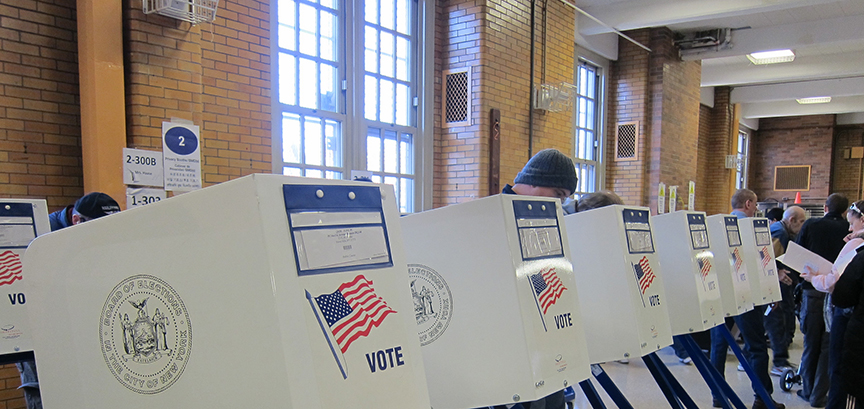
One hundred and fifteen statewide ballot measures will appear on November 3, 2020, ballots in 32 states, barring further court-ordered changes. Together with eight pre-November ballot measures, 123 statewide measures will go before voters in 2020. This is 29% less than the average of 173 statewide measures in even-numbered years from 2010 through 2018. Forty-three…
-
Glynn County, Georgia, ballot measure to abolish local police ruled unconstitutional
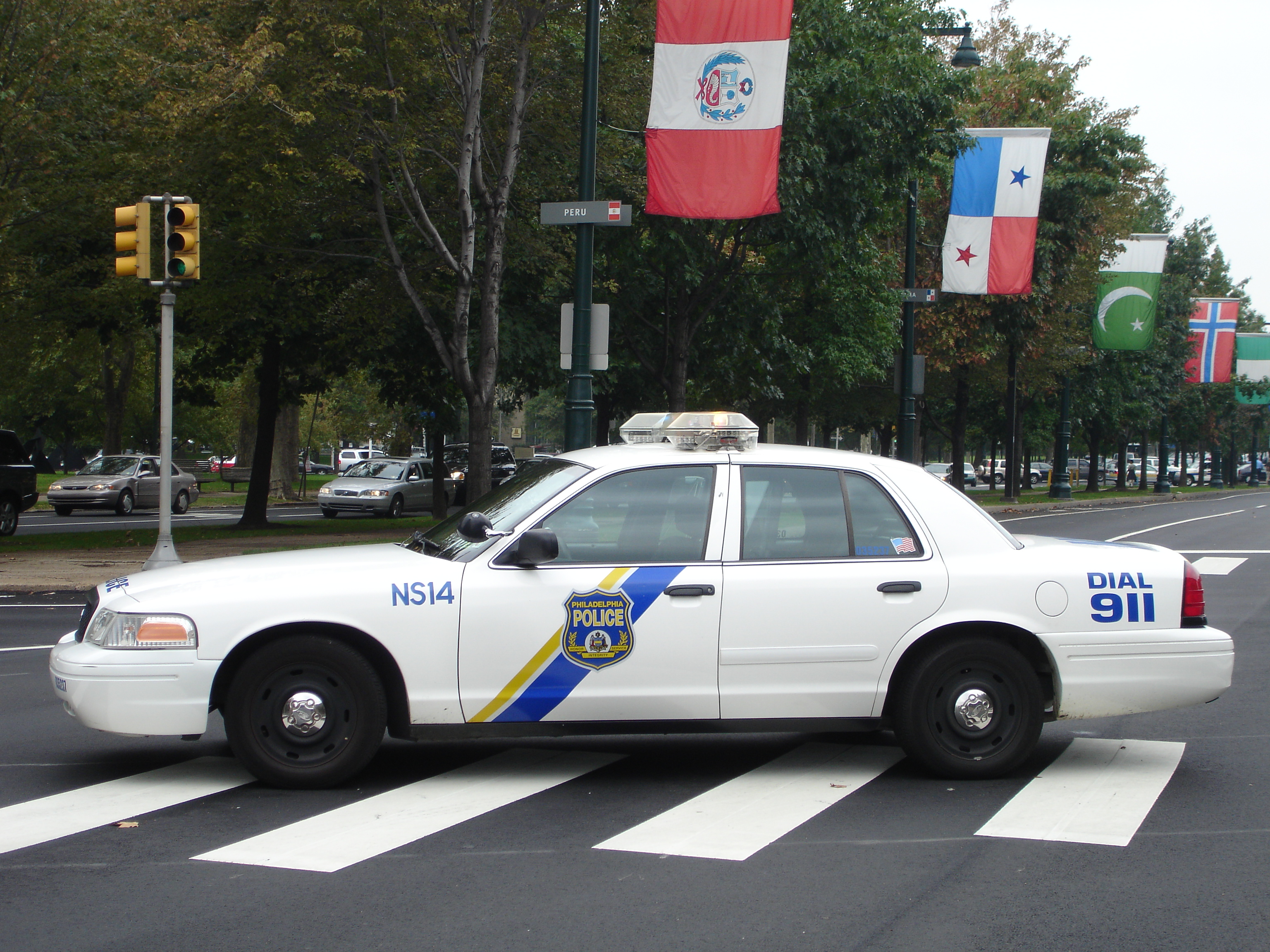
On September 11, a Georgia Superior Court judge ruled that the authority to abolish a local police department is held by local officials and cannot be voted on via a public referendum. The court’s decision removed the Glynn County Abolish County Police Department Measure from the November ballot. The measure would have abolished the Glynn…
-
28 committees supporting and opposing Colorado’s November ballot measures have raised over $23 million and spent over $19 million
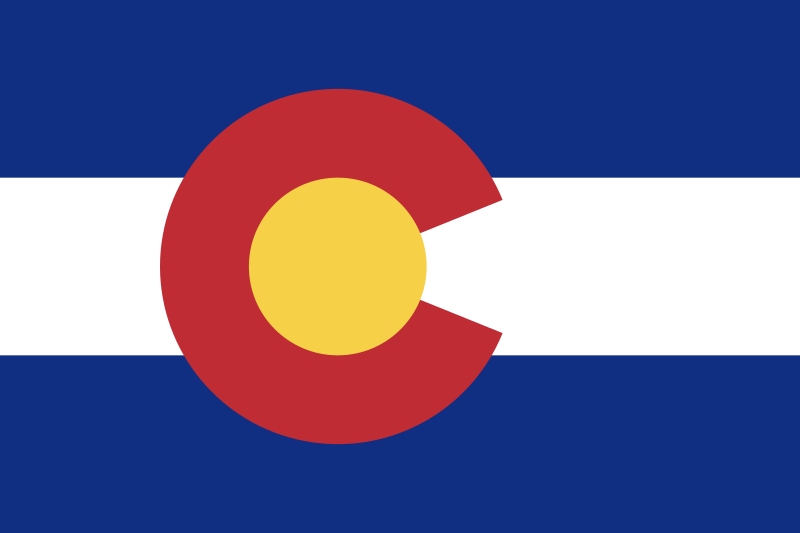
Eleven statewide ballot measures are certified to appear on the November 3 ballot in Colorado. Ballotpedia identified 28 committees supporting and opposing 10 of the measures. The 28 committees had raised $23,369,532.55 and had spent $19,235,702.73 according to reports filed on September 8 that covered information through September 2. The next reports are due on…
-
Nebraska Supreme Court removes Medical Marijuana Initiative from November ballot
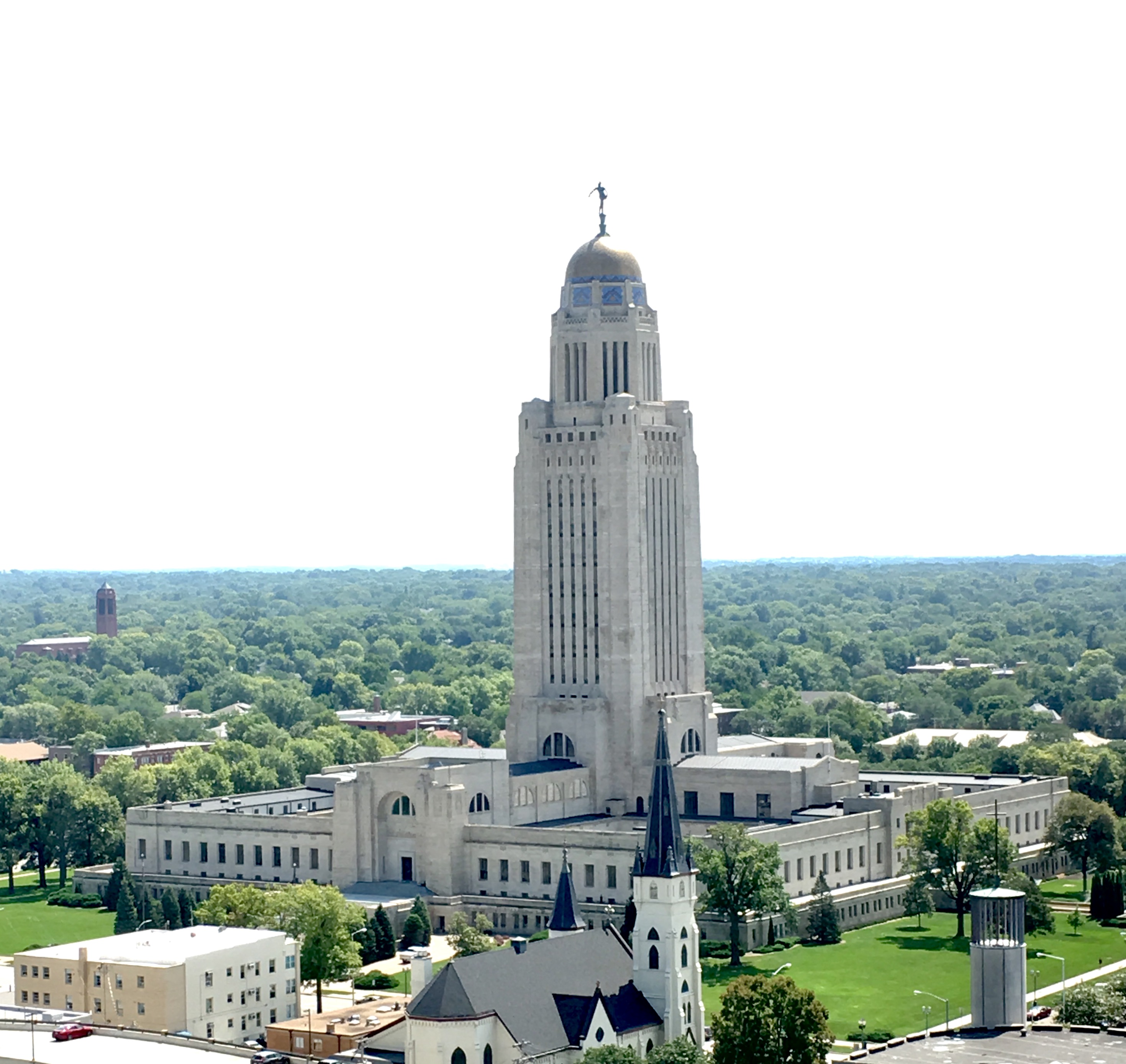
On September 10, the Nebraska Supreme Court ruled that the Medical Marijuana Initiative violated the state’s single-subject rule and ordered the secretary of state to remove it from the November ballot. The court’s ruling came after the secretary of state received written objections to the ballot language of the initiative from several Nebraskan residents. The…
-
Nebraska Supreme Court places gambling initiatives on November ballot
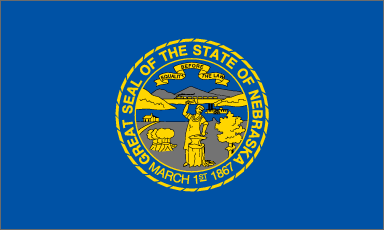
On September 10, the Nebraska Supreme Court ruled that a trio of initiatives that would authorize, regulate, and tax gambling at horse racetracks did not violate the state’s single-subject rule and ordered they be placed on the November ballot. Secretary of State Bob Evnen (R) announced on August 25 that the Constitutional Amendment to Allow…
-
Maine ballots will be printed with ranked-choice voting for president after court stays order
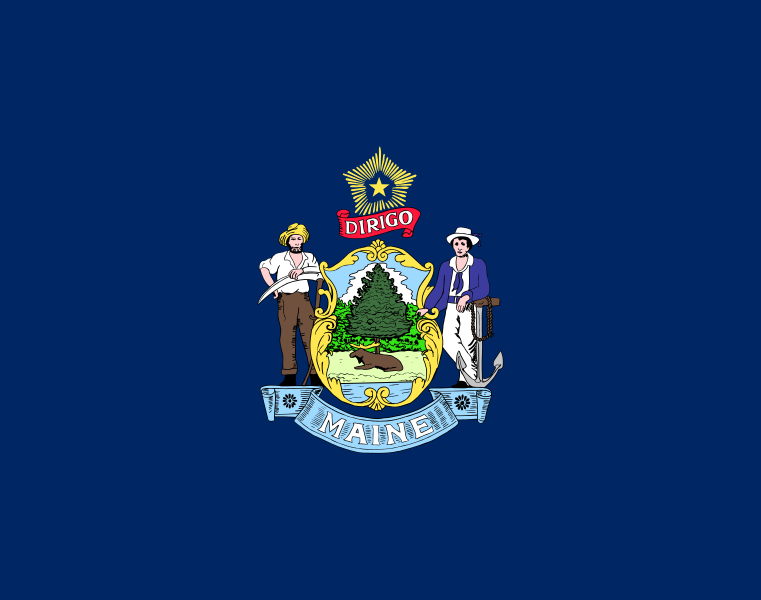
On September 8, Maine Secretary of State Matt Dunlap (D) announced that general election ballots will be printed with ranked-choice voting for president after the Maine Supreme Judicial Court stayed a lower court’s decision on a veto referendum. “Because of Federal deadlines regarding providing printed ballots to military and overseas citizens abroad, we must tell…
-
With funding from Uber, Lyft, and Doordash, campaign behind California Proposition 22 tops $180 million
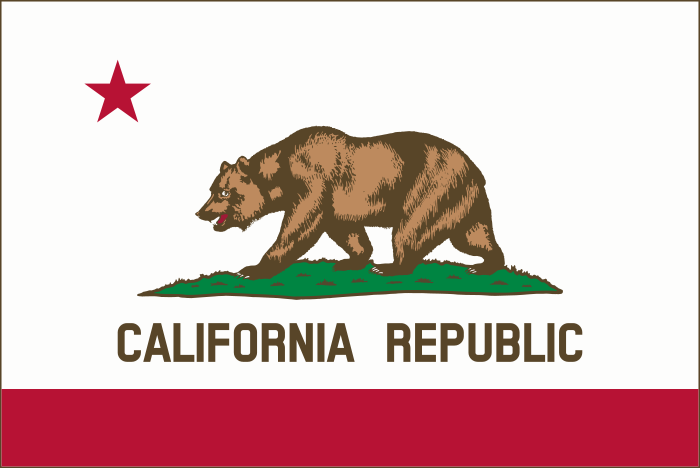
California Proposition 22 has become one of the most expensive ballot measure contests to ever appear on a ballot in California. Based on campaign finance reports available on September 4, 2020, the campaign Yes on Proposition 22 received $181.4 million from five rideshare and app-based companies—Lyft, Uber, DoorDash, InstaCart, and Postmates. Proposition 22 would classify…
-
Ballotpedia is tracking 21 local police-related ballot measures in nine states

As of September 4, Ballotpedia is tracking 21 local police-related ballot measures in 16 jurisdictions in nine states. These local ballot measures were proposed in the wake of George Floyd’s death on May 25, 2020. Of the 21 ballot measures, seven of them are on the ballot in California and four of them are on…
-
Missouri Amendment 3 receives third ballot title from state Court of Appeals
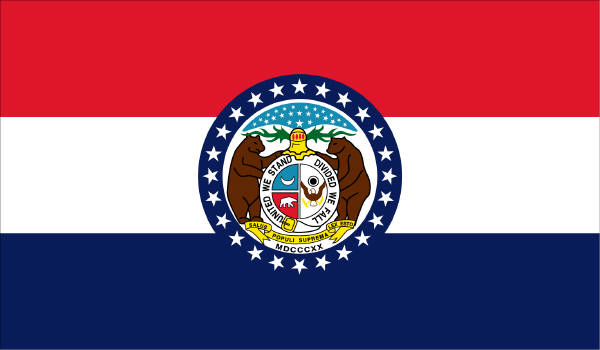
On August 31, a panel for the Missouri Court of Appeals agreed with a Cole County Circuit Court judge that “certain aspects of the official summary statement are unfair or insufficient and require revision,” but the panel said its draft of the ballot title had “more limited revisions than those ordered by the circuit court.”…
-
Ballotpedia is tracking 21 local police-related ballot measures in nine states
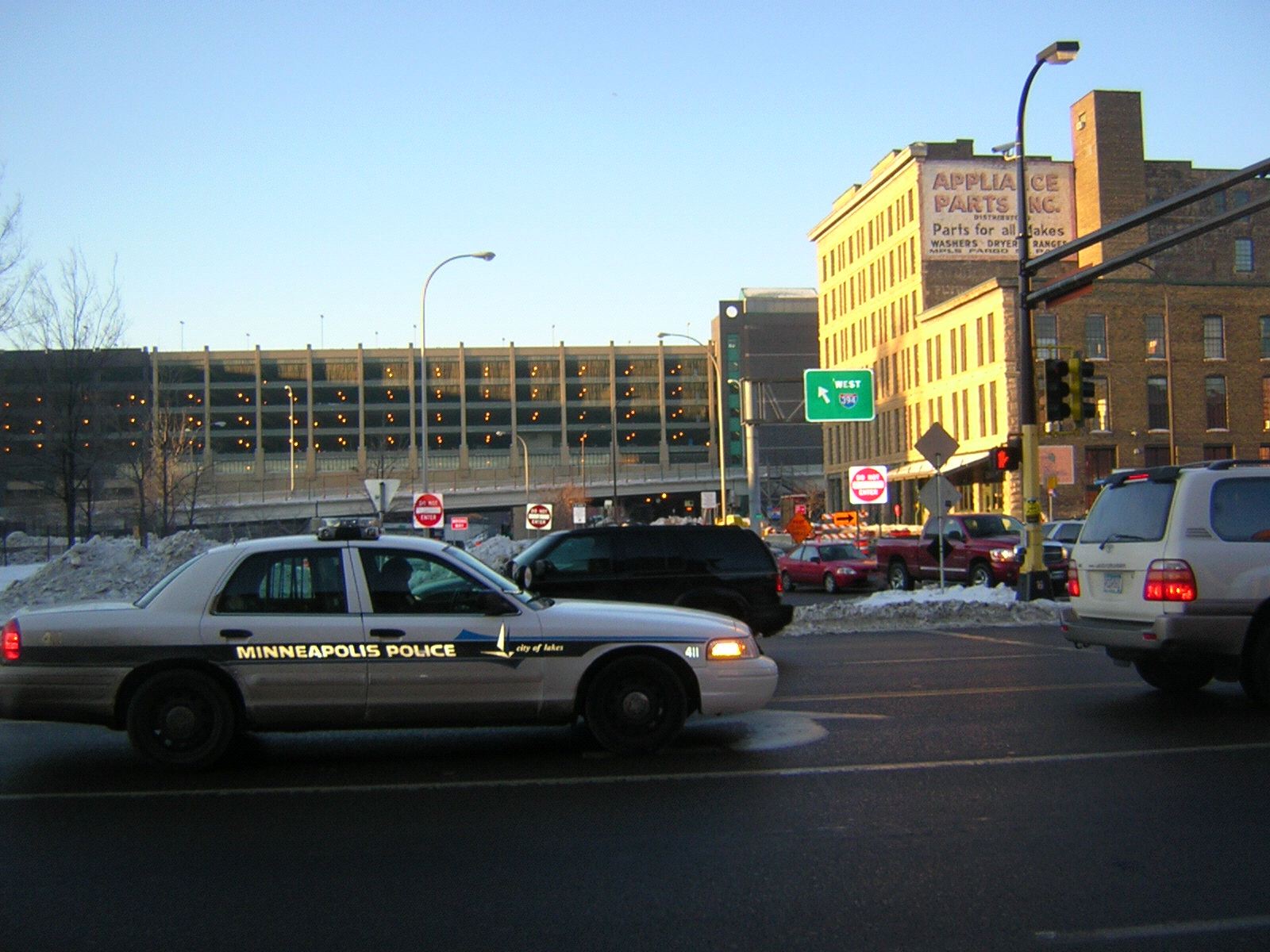
As of August 28, Ballotpedia is tracking 21 local police-related ballot measures in 16 jurisdictions in nine states. These local ballot measures were proposed in the wake of George Floyd’s death on May 25, 2020. Of the 21 ballot measures, seven of them are on the ballot in California and four of them are on…

